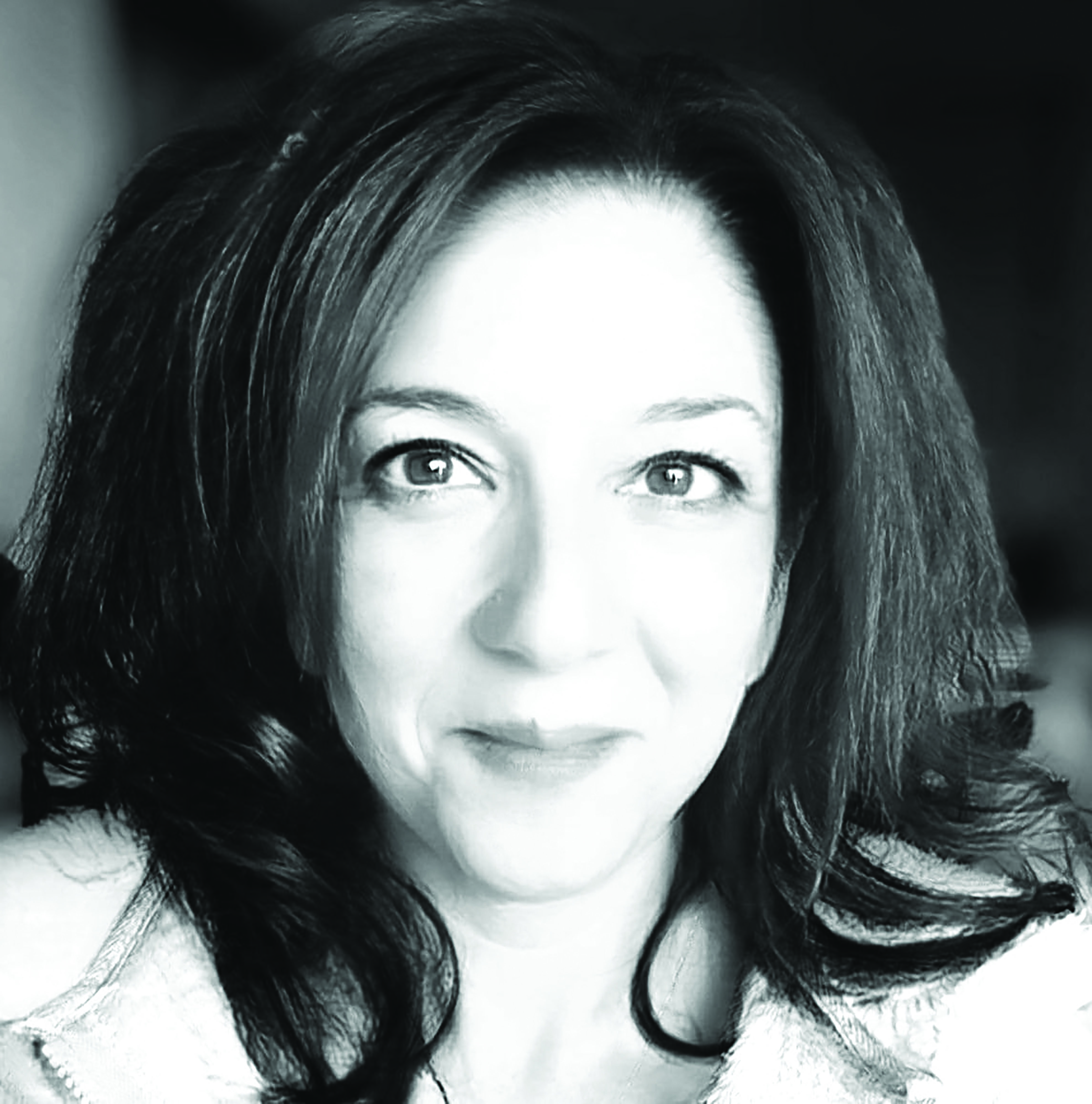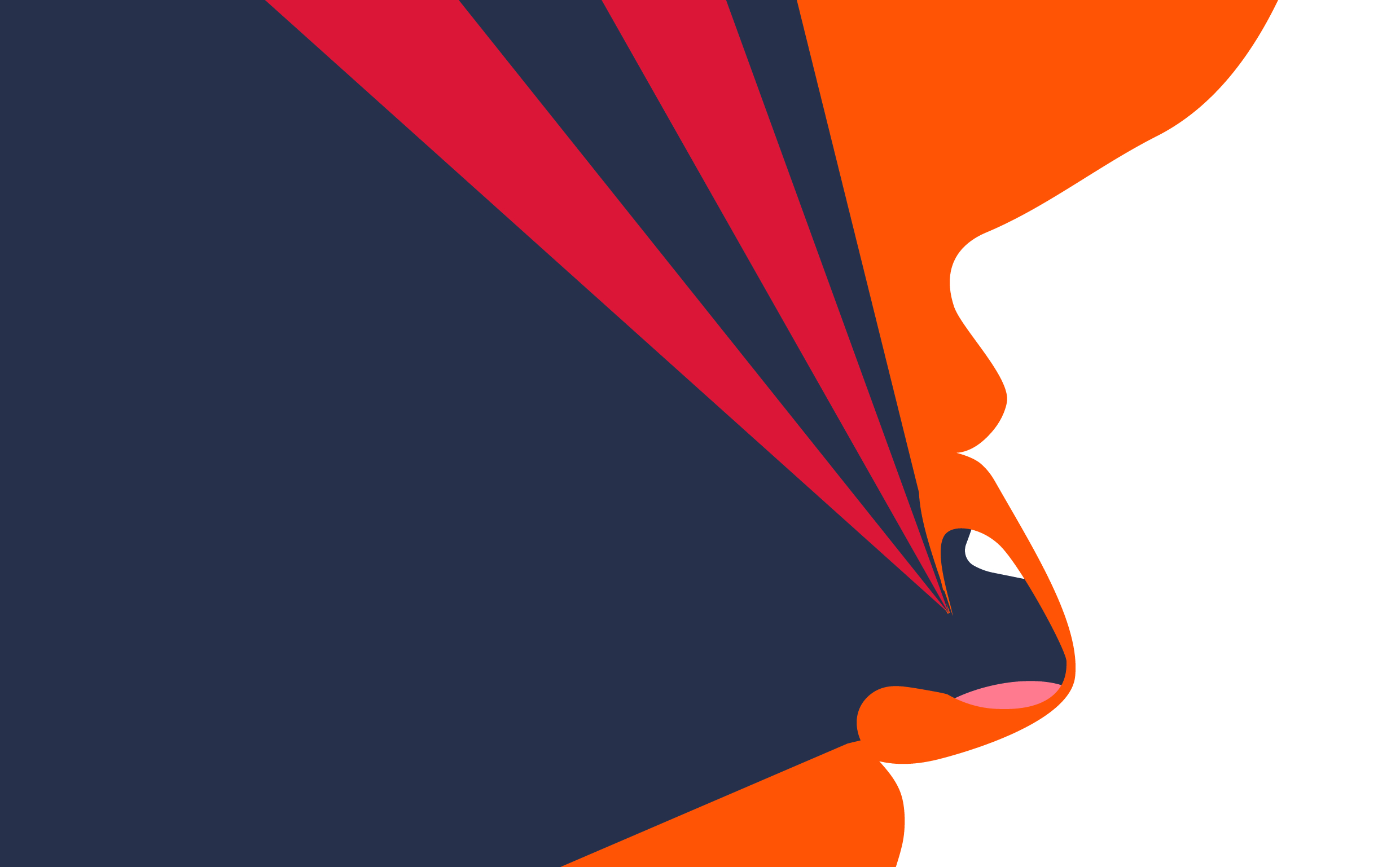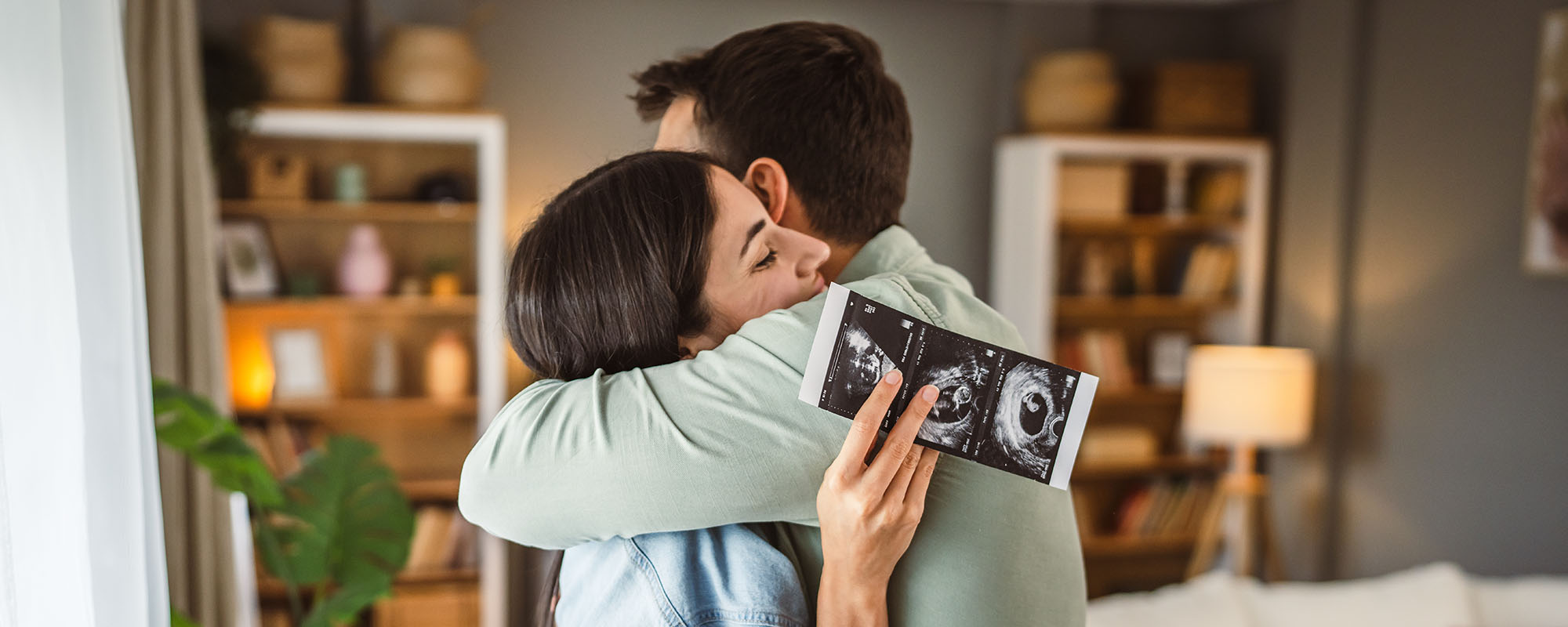It’s a topsy turvy ole world isn’t it? One moment we’re not allowing certain plays to be staged, the next there are journalists being locked up in a room in Castille, and before we know it, Donald Trump is banging on social media’s door asking to be let back in.

But before we consider lifting that MAGA-shaped latch, let’s talk awhile about freedom of speech and the right to speak up.
Before we were all tucked into our own homes to keep us safe from each other and The Killer Virus Which Changed Our Lives, we witnessed mass protests on our little island. Thousands of us took to the streets to combat corruption and fight for environmental issues. For some of us, it was the first time we’d seen demonstrations on such a scale in Malta. For some of us, it was the first time that we realised we had the right and duty to speak up for what we believe in.
The right and duty? I hear you ask.
Well, do we speak up enough in Malta? I’d contend that we don’t. The way I see it is, since we’ve been colonised for most of our history, we haven’t developed a culture of being vocal when we feel hard done by. We bow our heads and get on with things. It’s more efficient that way. We don’t have time. I get it. I really do. No judgement.
We’re not always silent of course. We do demand that people do better on occasion. Especially when more of our green spaces are eradicated. However, time and our colonial past are not the only reasons why we’re not running to the rooftops with a megaphone in hand every other week. The other reason is fear.
Fear’s a big word, and I don’t use it lightly. But it’s a huge driving force. We fear the insults, the ridicule, the being singled out and isolated. We fear payback.
It’s not unfounded fear. We’ve all seen what happens to some people who voice their opinion in public. We’ve seen the activists isolated and torn apart on Facebook hate groups and in partisan-sanctioned memes. We’ve seen the harassment of anyone who tries to lend their voice to the abortion (non)debate. We’ve seen the slanderous lies and accusations leveled at anyone who dares raise their head above the parapet.
But we can all agree that this urgently needs to change, because we have a right to speak up without fear of repercussions.
It all starts with us. We need to take that first step and reach for the megaphone.
It’s a vicious cycle. It seems like a paradox — the more we fear repercussions for raising our voices, the more we must speak up. It’s the only way to break the cycle. It needs to be normalised. We can’t leave people alone out there.
And now to duty. We need to make sure that future speaker-uppers have it easier than we do. Let’s change the way we use social media. This is a big one, and it’s a tricky one too! We need to make our voices heard more, but we need to make them effective. We can demand our rights and argue our point without targeting other people, without bullying, without disputing someone’s opinion by insulting them. It’s our duty to start a new wave of online discussions.
Debating is a wonderful skill, and when used properly, it can change the world.
Speaking up is your right.
Speaking up right is your duty.
Let’s discuss!
Further Reading
The Shift Team (2018) Manufacturing consent: How secret online groups feed the cycles of spin. Theshiftnews.com. Retrieved 3 June 2021, from https://theshiftnews.com/2018/05/23/manufacturing-consent-how-secret-online-groups-feed-the-cycles-of-spin/





Comments are closed for this article!